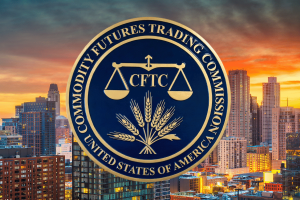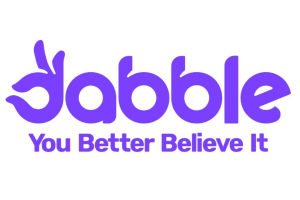

With sports betting now legal and more accessible in many states across the U.S., we’re looking at how college towns are dealing with the growing industry.
For some they have signed partnerships with sportsbook operators, while others are facing a ban on gambling advertisements around campus.
As the industry has grown rapidly over the last few years, many students have been lured in and are partaking in gambling. This has led to some college towns being stuck in the middle.
Does gambling impact college towns and students?
College students, who are typically on the younger side, could be seen as a high-risk demographic, as the prefrontal cortex in the brain (the area responsible for impulse control) doesn’t develop properly until the mid-20s.
This is why some teenagers struggle with emotional regulation, risk assessment, and long-term planning, as the prefrontal cortex hasn’t yet matured fully.
While not college-specific, the National Council on Problem Gambling (NCPG) released a review of sports wagering and gambling addiction and described the amount of students gambling as being a ‘big concern.’
“This is a big concern given the risk-taking behavior that takes place in adolescence and young adulthood, along with gambling being more socially acceptable and glamorized than previously.”
The NCPG also states that “youth gamblers have higher rates of gambling problems than adults.”
Fox 32 Chicago says that students often see sports betting as a way to make quick cash, with some covering rent from small bets. If more students are opting to spend their money on gambling, does this mean there’s less to spend on nearby leisure activities or local businesses?
While this may be the case in some areas, many states use some of the tax from the sector and inject it back into the local economy or in infrastructure or education-related projects.
Although some areas may see a boost in jobs in the sector or in footfall, the negative impacts of gambling could cause pressure for those with addiction.
Is student gambling addiction on the rise?
According to College Gambling, around 75% of college students gambled during the past year (whether legally or illegally) with about 18% gambling weekly or more frequently.
“Lotteries, card games, pools (including raffles charitable small stakes gambling), sports betting and games of skill (e.g., bowling, basketball, pool, golf, backgammon, darts) are the most frequently chosen gambling activities by college students,” the organization stated.
But despite the prevalence of gambling by college students, only 22% of U.S. colleges and universities have formal policies on gambling.
Is legislation changing to accommodate for rise in gambling in college towns?
As the fascination with online gambling and sports betting continues to increase, with the market exploding, some areas are starting to introduce greater restrictions to protect younger people.
For example, the Illinois Gaming Board (IGB) has recently announced a ban on advertisements on college campuses, along with an expansion of the existing restrictions on advertising, marketing and promotions for casino, video gaming, and sports wagering operators.
The regulatory board has brought in the new rules, with gambling-related advertisements now not able to be placed in locations where they are likely to be seen by underage or vulnerable people.
“By adopting these measures, the IGB is building upon existing regulations to implement additional safeguards and standards that further protect the public and encourage responsible gambling habits,” said Illinois Gaming Board Administrator Marcus D. Fruchter.
Other changes include ‘prohibition from having advertisements or promotions published, aired, broadcast, displayed, or distributed on any college or university campus, or college or university media outlets such as college or university newspapers and radio or television broadcasts, or any sports venues used primarily for college and university events.’
In a report from the Associated Press, Stony Brook University in New York reportedly advises students that they may not gamble for money or other valuables on university property or in university facilities except as part of an authorized fundraising activity.
Aside from the above though, colleges in the United States have been slow to integrate any form of policies around gambling by college students. Over the last few years, some college campuses have even struck deals with sports betting companies.
Featured Image: AI-generated via Ideogram
The post How college towns are grappling with a new gambling boom appeared first on ReadWrite.
Source link




